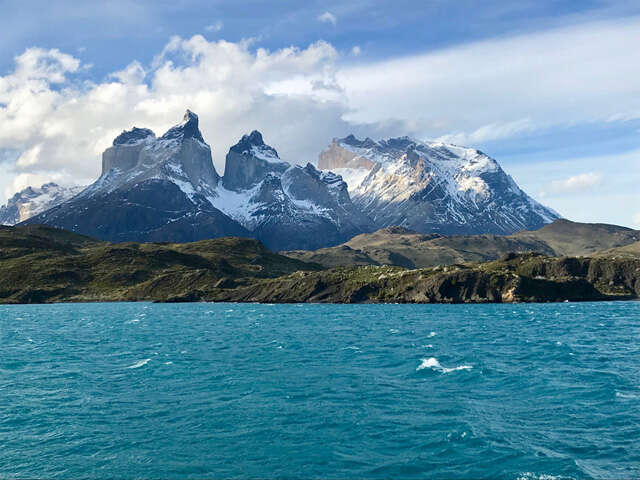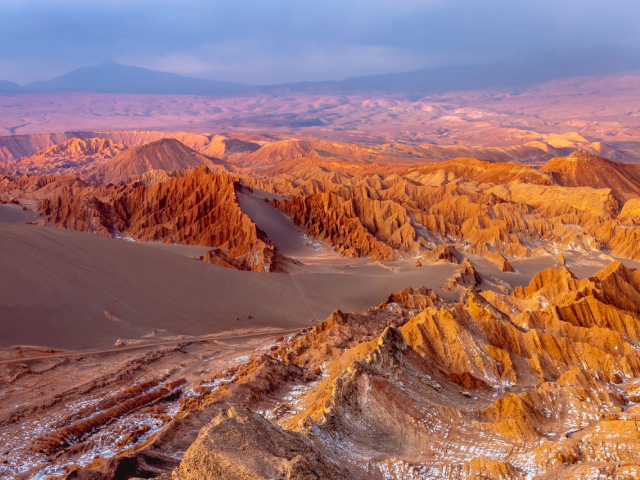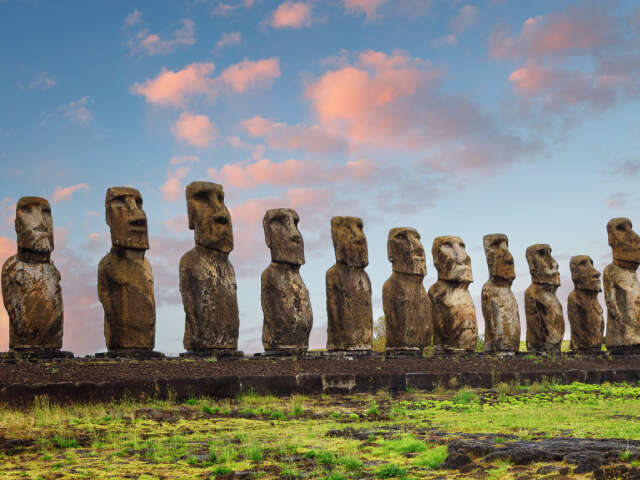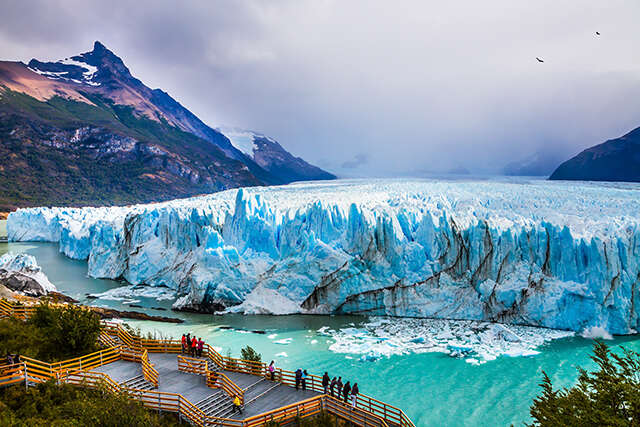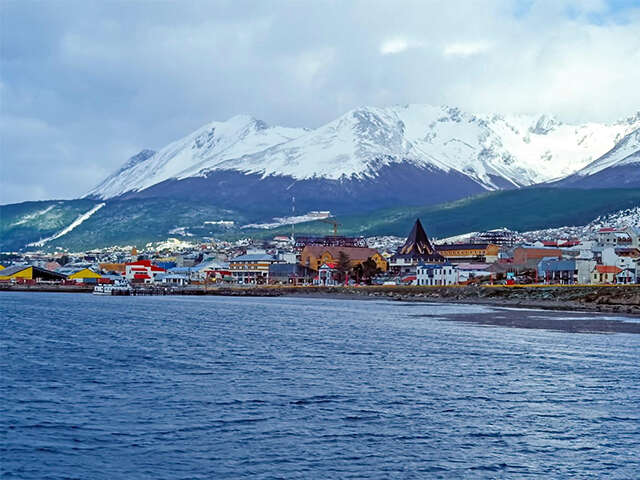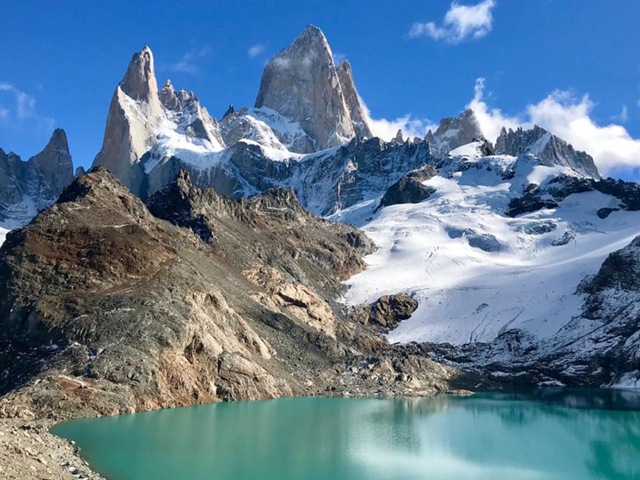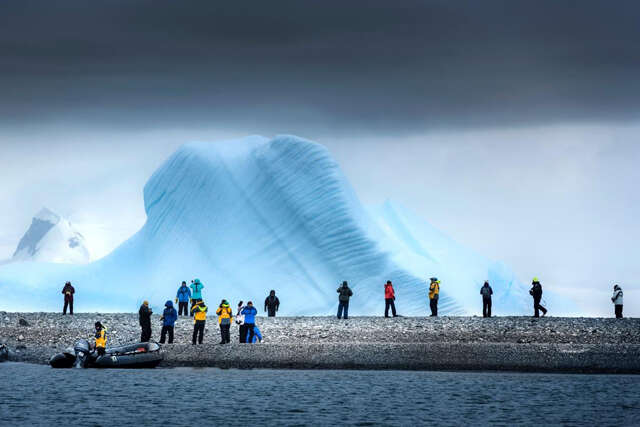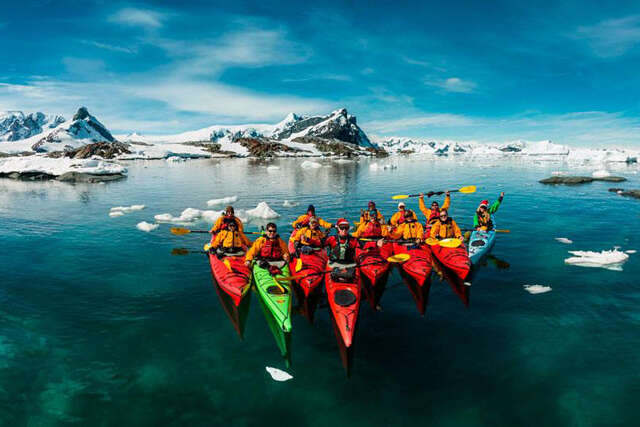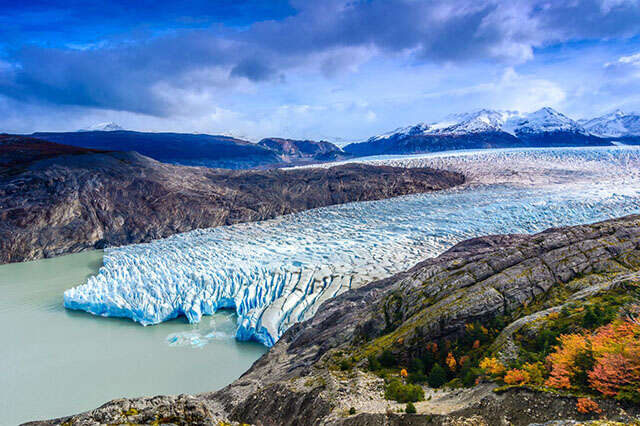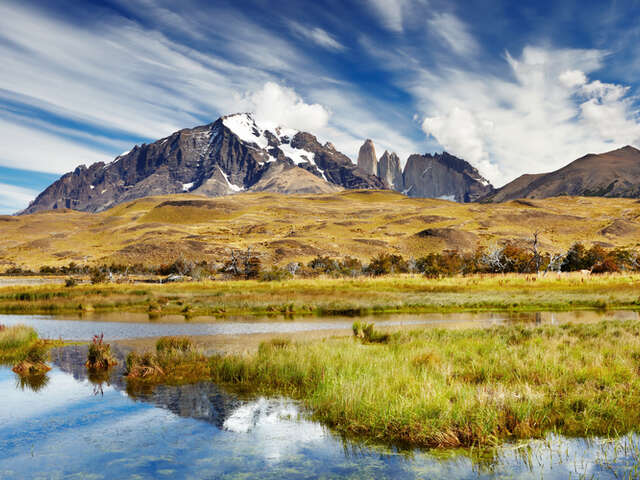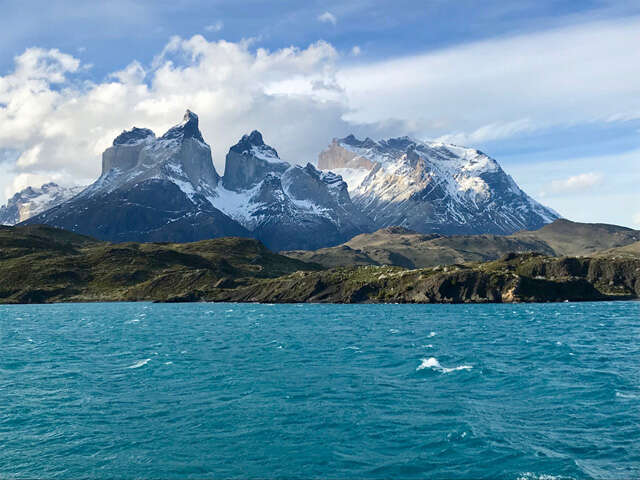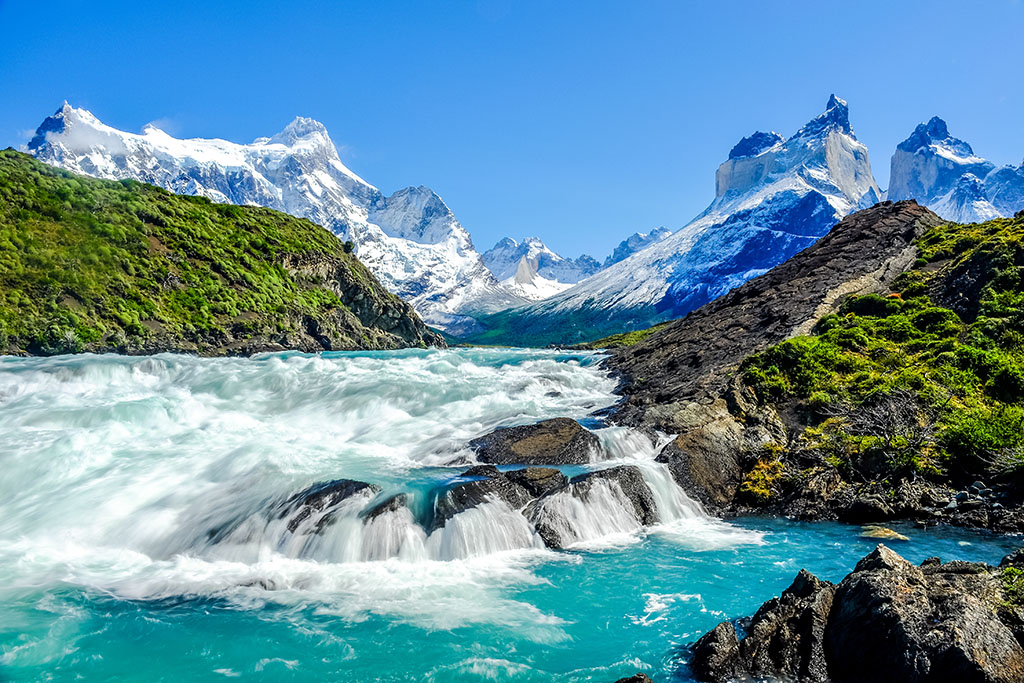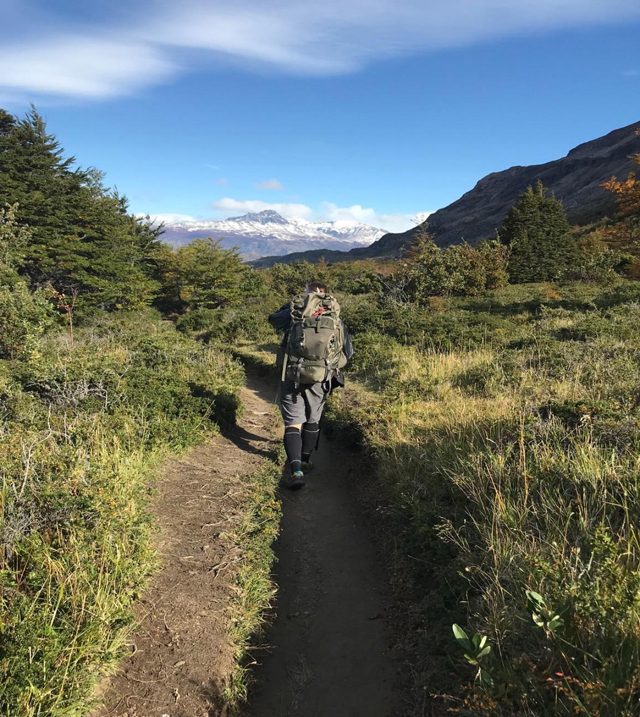
While trekking in Torres del Paine is not particularly strenuous, we do suggest you take some time to prepare yourself physically so that you have an enjoyable trek. A little preparation goes a long way.
For the Classic W Trek, you will trek about 5 to 8 hours a day. For the O Circuit, you can count on trekking anywhere between 4 to 10 hours a day. Fortunately, Torres del Paine provides low altitude treks so there is no need to worry about altitude sickness. The trails are relatively flat, but can be steep in some areas.
It’s best to start training a few months in advance and not leave it for the last second. If you are an active person, the trek should not be difficult, but again a little preparation goes a long way.
The best way to prepare for your trek, is to do day hikes around your local area. Try to carry the backpack you plan to use on your trek and increase the weight inside little by little as you train over the next few months. Also, try to increase the duration of your treks over your training period.
Make sure that the gear you plan to wear on your trek fits you comfortably and doesn’t chafe. It’s a good idea to wear the hiking boots that you plan to wear on your trek while training to ensure that they are properly broken in by the time you reach Chile. Blisters on your feet from new hiking boots can be a quick and simple way to spoil you trek.

If you prefer, or don’t have easy access to hiking trails, you can train for your trek in your gym. Any sort of cardiovascular exercise like running, using a stair-stepper or walking on a treadmill with an incline will help you become better prepared for your trek.
Strength training is not mandatory when preparing for Torres del Paine, but any activity that will strengthen the muscles in your legs and back and increase your endurance will be useful.
Remember to stretch before setting off on your trek in the morning and after arriving at your lodge or campsite in the evening. You will rest better and avoid stiffness the following day. Focus on stretching your quadriceps, hips, thighs, calves, shoulders and back.
Please also be mindful of your nutrition when training for your trek and during your trek. Complex carbohydrates, like whole-grain pasta and porridge, are a great choice for a high endurance activity like trekking. Try to stay away from junk foods and be careful not to skip meals as this will decrease your energy level. Staying well-hydrated is also very important. We recommend drinking 3 to 4 liters of water a day to stay hydrated.
If you have any medical conditions you fear might be aggravated by a long trek such as this, it’s always a good idea to consult with your doctor before setting off on your Patagonian adventure.
